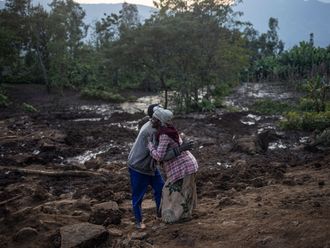
Dubai: "Yemen has become the base for Al Qaida organisation in the Arabian peninsula" according to Abdul Bari Atwan, the editor in chief of the London-based newspaper Al Quds Al Arabi and an expert on Al Qaida being one of the few journalists to have spent time with Osama Bin Laden.
"I have no doubts that Osama either visited Yemen or is actually based there," Atwan told Gulf News in an interview.
"When I met him in Tora Bora [in November 1996] I asked him, ‘One of these days you will be kicked out of Afghanistan like you were from Sudan. Have you considered an alternative?' His answer was Yemen because ‘its mountains are like Tora Bora's and the country will embrace me and will be warm towards me'."
Atwan says he was amazed then that one of Bin Laden's security advisors, who was part of his entourage had asked him to omit this piece of information from his writings because Bin Laden shouldn't reveal his future plans.
Another incident which confirms this, Atwan says, is when he was visited by Ahmad Bin Jashe, a Yemeni tribal chief, in his London office who told him that Bin Laden made contact with him and sent an envoy to explore the possibilities of Bin Laden moving to Yemen-prior to 9/11.
What's interesting, Atwan maintains, is that six months before 9/11, Bin Laden sent an envoy to Yemen to find him a bride and indeed he married Amal Al Sada'a (from Ta'az) and she delivered a baby girl post 9/11.
Bin Laden's relation with Yemen is very strong. Not only is Hadramout his ancestral home but also most of his entourage were from Yemen (including his driver, chef, body guards…).
Challenges
Yemen today is faced with major challenges. Atwan says the country is now a semi-failed state and he believes it offers the best environment for Al Qaida to set base there.
The latest incident to highlight Yemen's fragile state occurred last week when bombs were found on two cargo planes and traced to the country.
Atwan says the Americans, by exaggerating the phenomenon of these courier bombs, are aiming to set up a military base in Yemen and they want to have their troops there to control the marine routes in the Arabian Sea and Bab Al Mandeb Straits — which is a hotspot.
"If Al Qaida manages to set up a strong base in Yemen, it will be easier to disturb the oil and the business routes and this could be one of the incentives for the US," Atwan explained.
Where does Al Qaida stand today? According to Atwan, it is much stronger today than 10 years ago. Back then, Al Qaida had one address: Tora Bora. Today, it's turned into a franchise.
Moreover, Atwan argues the US' war on terrorism benefited Al Qaida and helped it to expand. "Al Qaida is now close to the oil routes and in the heart of the Arab world; that is, its natural environment." The group is very close to Europe (vis a vis its North Africa bases) and has a huge Muslim reserve in Europe (10 million Muslims). This, says Atwan, is bound to strengthen it.
But what are Al Qaida's objectives? If we are to assume that Al Qaida is behind those booby trapped parcels, this means it is highly advanced and is managing to wreak havoc all over the world.
Spread fear
"On the one hand, its goal is to spread fear. On the other, it is to manipulate the publicity," says Atwan who adds, "Bin Laden loves publicity".
But that's not to say that Al Qaida is functioning without problems. Atwan argues there's definitely confusion within the organisation. "Osama and [his right hand man Ayman] Al Zawahiri are not in control of all their members… There's middle ground field commanders who adopted the Al Qaida ideology in order to drain the West financially and morally."
Has Al Qaida been successful thus far? Al Qaida managed to partly "bankrupt the West when it comes to the war in Afghanistan," and Wikileaks documents show $3 trillion-$5 trillion (Dh11 trillion-18 trillion) is the cost of the ongoing war, Atwan said. Moreover, Al Qaida is making money by kidnapping Westerners and getting ransom. Spain paid them five million euros to release two people. This means "for the first time, European governments are negotiating with Al Qaida and offering them money," he adds.
Bin Laden's political achievements are highlighted by the fact that Al Qaida forced Spain to pull out from Iraq, by giving them an ultimatum, and is now applying the same tactic to France: pull out from Afghanistan and end the Burqa ban "in order to remain safe."
As for what the solution is for Yemen, Atwan says there needs to be a long term plan and a strategy and not just a reaction. "The West must look at the problems of the region; education, development and modernisation," he says, pointing out that Yemen is one of the 20 poorest countries in the world.



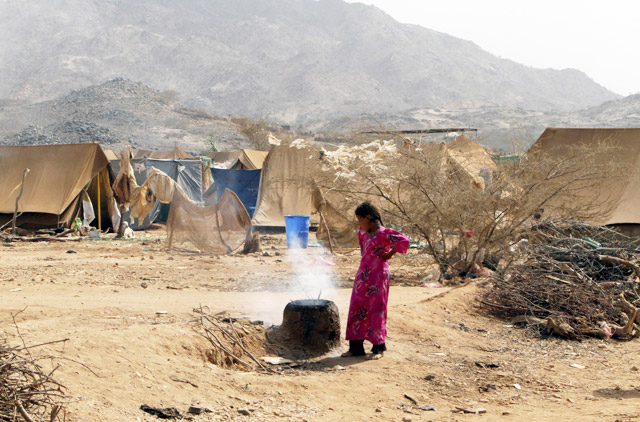
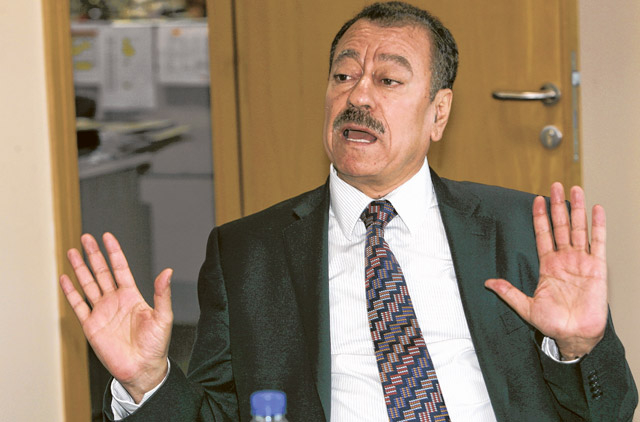


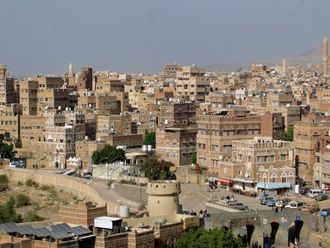
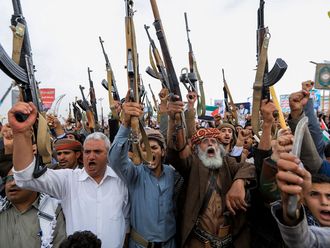




_resources1_16a30b3523c_small.jpg)
